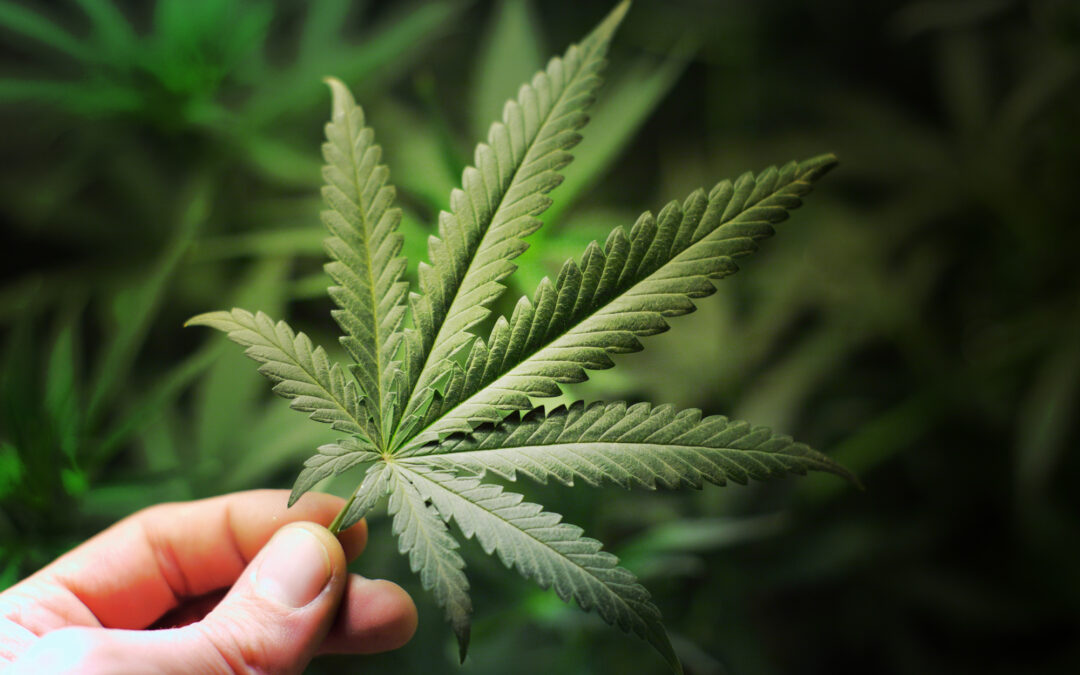Let’s face it, the legalization of the recreational use of marijuana in New York State appears a foregone conclusion. Both the state Legislature and Gov. Andrew Cuomo are negotiating whether to include the legalization of recreational marijuana in the state budget for the fiscal year that starts April 1st. However, keep in mind that license to fire up that joint would not go into effect, at the earliest, until the following year in April of 2020, when New York would officially join the 10 other states that have already legalized recreational marijuana use.
Governor Andres Cuomo’s proposal for the legalization of recreational marijuana use essentially condenses into the following agenda:
- Ban marijuana sales to anyone under the age of 21
- Establish separate licensing programs for marijuana growers, distributors and retailers, with a corresponding ban on growers also opening retail locations
- Create a new state office, The Office of Cannabis Management, to regulate the drug and create a program to review and seal past marijuana convictions
- Allow counties and large cities in New York to ban marijuana sales within their boundaries
- Impose a 20 percent state tax and 2 percent local tax on the sale of marijuana from wholesalers and retailers, plus a per-gram tax to be imposed solely on growers
- Provide preferences and incentives to minorities and women who intend to establish retail sales locations.
Nevertheless, the debate rages on about how far reaching the effects will be within the school environment, impaired driving and ultimately, the workplace.
Along that vein, it is important for all New Yorkers to be aware of the risks of showing up to work under the influence of marijuana. As you know, if you show up to work under the influence of alcohol, and your employer has a substance abuse policy in their handbook, then you risk a disciplinary write-up at best, and termination at worst. The same rules apply to employee’s use of recreational marijuana. If you show up to work high, or light up outside your employer’s premises, employees run the same risks as with alcohol use. Certainly, it is a fine line to tread as there are no uniformly established THC levels that your employer can test to determine an employee’s level of impairment. Employers would therefore be given free license to make subjective judgments as to an employee’s level of impairment based upon smell, speech patterns, eye movement and dilation, delayed reactions, emotional state, short-term memory problems, among other physical symptomology.
It is a slippery slope at best, but an employer is within their rights to terminate employees with substance abuse violations. This is especially so in occupations involving physical labor and the use of a motor vehicle including drivers, delivery companies, waiters, warehouse workers, trades and any employees in the service industry.
The Van De Water Law Firm stands ready to serve you with respect to any employment issue, and our initial consultation is always free.


Recent Comments